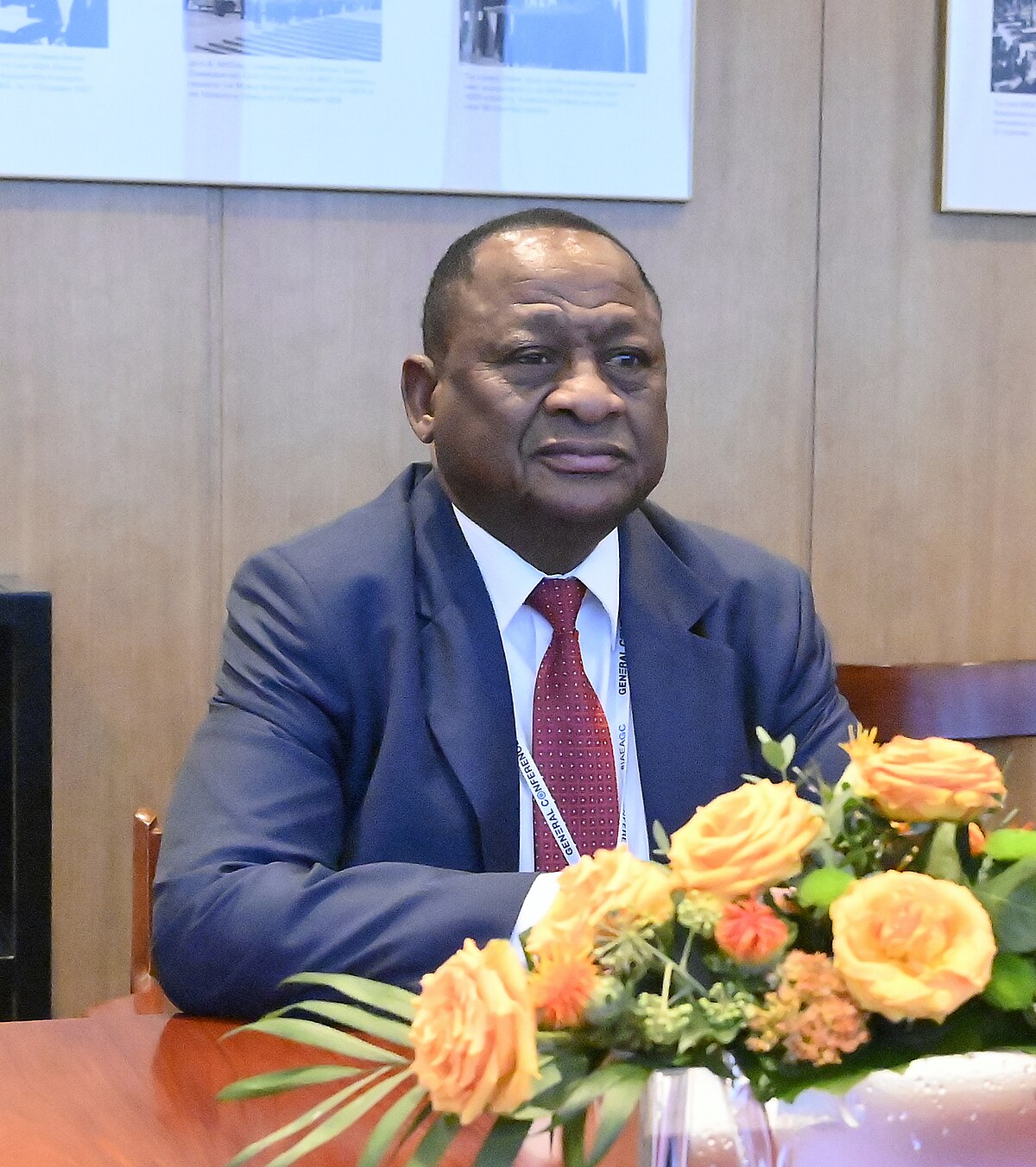THE State, the disabled and communal farmers are among those who stand to gain a tax breather through new amendments proposed to the Value-Added Tax Act (VAT) of 2000.
But the Bill also places new penalties on those who fail to pay their taxes on time. Yesterday, Finance Minister Saara Kuugongelwa-Amadhila told the National Assembly that the amendments would aid national development objectives, improve administration of the Act and provide more clarity on certain provisions.Accordingly the State would be able to obtain land for resettlement with no tax implications.Kuugongelwa-Amadhila said this provision aimed to make it more affordable for Government to acquire land for its land reform purposes and would relieve pressure on the Budget.The State will also benefit through a further amendment that would allow the importing of donated goods to be exempted from VAT.In line with the proposed amendments, the disabled and handicapped will be able to acquire orthopaedic aids or other devices at a zero VAT rate.The import of such devices will also be exempted from VAT at the point of entry.Suppliers will, however, still have to pay the VAT charges on these items and for their import, but will be able to claim a refund.Farmers registered as VAT payers will also no longer have to pay VAT on livestock purchased for export purposes.This amendment, the Minister said, had been proposed as 80 per cent of livestock purchased in Namibia was for export.At present, VAT has to be paid on these animals and can be claimed back from Revenue once the livestock has been exported.But this process, Kuugongelwa-Amadhila said, was administratively cumbersome.Communal farmers not registered for VAT purposes will also not be required to pay an additional fee when purchasing livestock from commercial farmers.The new legislation will not apply to the slaughter of livestock when determining the value of proceeds to the farmer.Changes to the penalties for failure to pay tax have also been proposed.A rate of 20 per cent a year calculated as simple interest on the shortfall will be charged from the day after the deadline date until settlement.Currently, defaulters pay interest calculated daily and compounded monthly – a procedure that is also said to be an administrative burden for the revenue services.A uniform penalty of 10 per cent will be charged for non- or late payment of tax for each month after the due date.The Minister of Finance is set to propose the Bill for discussion today.Yesterday, Finance Minister Saara Kuugongelwa-Amadhila told the National Assembly that the amendments would aid national development objectives, improve administration of the Act and provide more clarity on certain provisions.Accordingly the State would be able to obtain land for resettlement with no tax implications.Kuugongelwa-Amadhila said this provision aimed to make it more affordable for Government to acquire land for its land reform purposes and would relieve pressure on the Budget.The State will also benefit through a further amendment that would allow the importing of donated goods to be exempted from VAT.In line with the proposed amendments, the disabled and handicapped will be able to acquire orthopaedic aids or other devices at a zero VAT rate.The import of such devices will also be exempted from VAT at the point of entry.Suppliers will, however, still have to pay the VAT charges on these items and for their import, but will be able to claim a refund.Farmers registered as VAT payers will also no longer have to pay VAT on livestock purchased for export purposes.This amendment, the Minister said, had been proposed as 80 per cent of livestock purchased in Namibia was for export.At present, VAT has to be paid on these animals and can be claimed back from Revenue once the livestock has been exported.But this process, Kuugongelwa-Amadhila said, was administratively cumbersome.Communal farmers not registered for VAT purposes will also not be required to pay an additional fee when purchasing livestock from commercial farmers.The new legislation will not apply to the slaughter of livestock when determining the value of proceeds to the farmer.Changes to the penalties for failure to pay tax have also been proposed.A rate of 20 per cent a year calculated as simple interest on the shortfall will be charged from the day after the deadline date until settlement.Currently, defaulters pay interest calculated daily and compounded monthly – a procedure that is also said to be an administrative burden for the revenue services.A uniform penalty of 10 per cent will be charged for non- or late payment of tax for each month after the due date.The Minister of Finance is set to propose the Bill for discussion today.
Stay informed with The Namibian – your source for credible journalism. Get in-depth reporting and opinions for
only N$85 a month. Invest in journalism, invest in democracy –
Subscribe Now!






